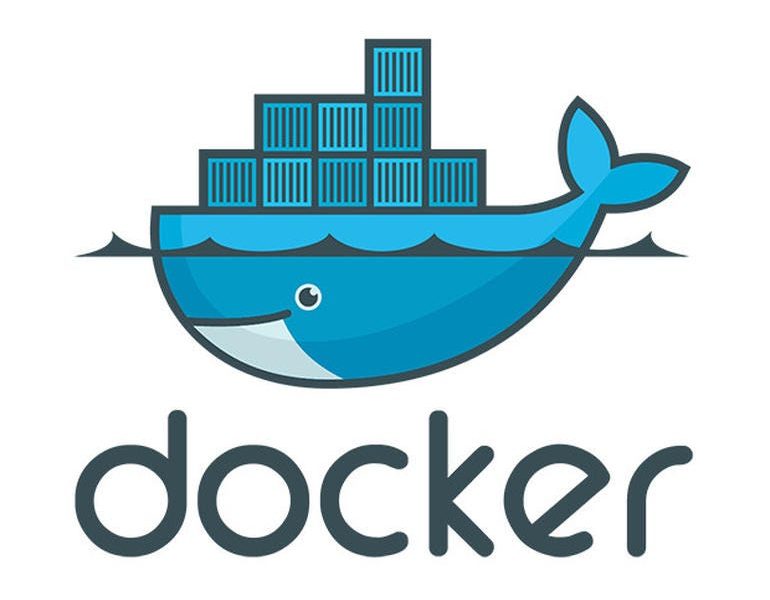Let’s say you have a website that you host on servers in your company’s datacenter or even hosted in a cloud provider like Azure, Rackspace or Google. You spend a ton of development effort making the site fast and responsive. And for you, it is. That’s great! But you aren’t done. Just because your website is fast for you in Seattle doesn’t mean it’s fast in New York City. In fact, it’s not. It’s a bit slower. Now, what about in Germany? Or Australia? Probably pretty slow. But why?
Well, this actually boils down to physics! The information being transmitted from your server to your client’s computer/phone/tablet travels over wires. Most of that global traffic moves over fiber optic cables. It’s therefore limited to the speed of light. Which, you may assume is really really fast. So who cares? Well, in the computer world, even milliseconds of slowness (latency) adds up fast.
So how do we solve this physical distance problem? Well, since we haven’t yet figure out how to make light move faster, the other option is to reduce the distance. That’s where CDN comes into play. A CDN, or Content Delivery Network, is a system of hundreds to thousands of servers distributed all across the world. The CDN’s job is then to retrieve your website’s content and cache it in their global servers. Now, when someone in Ireland tries to load your website, the files are coming from a server in the UK instead of Seattle. Bam! So much faster!

But what about your neighborhood restaurant website? Does that need a CDN? Well, that’s a loaded question. Developing a website that is super fast with every request is harder than you may think. Caching the website can drastically improve performance, even for local use. I personally put CDN in front of ever one of my websites. CDN can be very very affordable (especially for smaller sites) and nobody ever complains that your website loaded too fast.
In my experience, the best and fastest CDN I’ve found is CacheFly. There are plenty of other options out there like Fast.ly and Cloudflare, but CacheFly has consistently risen above the pack to offer best in class service, support and speed. And no… CacheFly did not sponsor this post.


